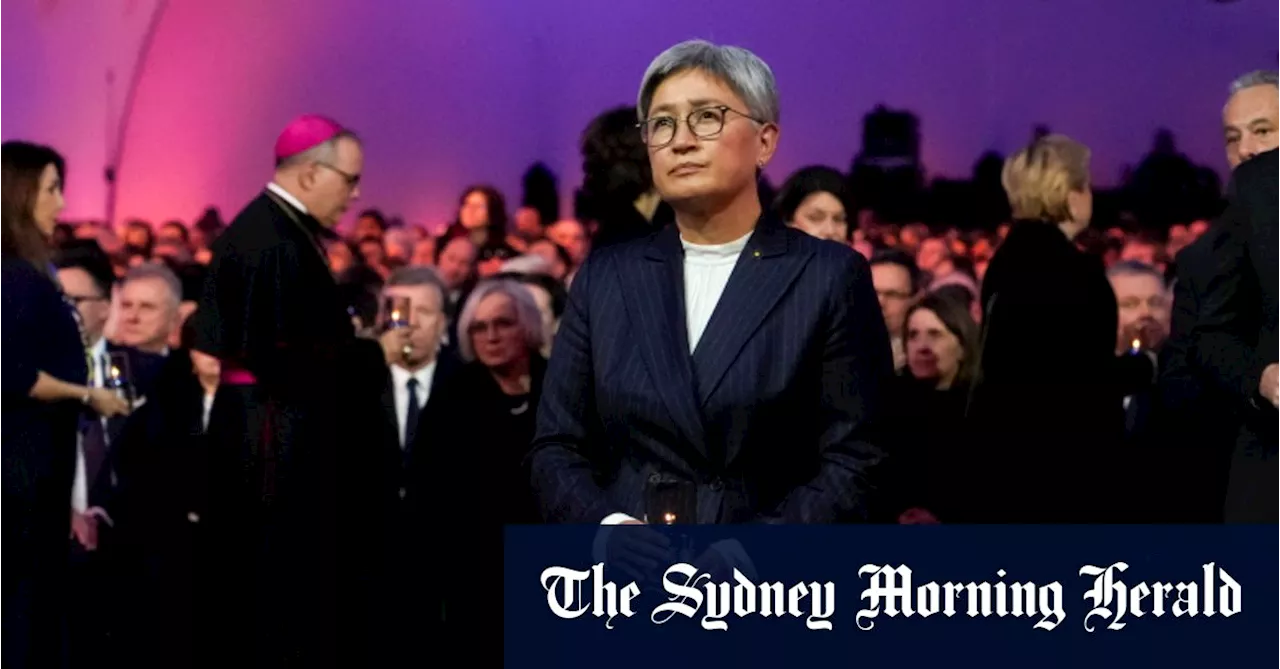This article explores the enduring relevance of the Holocaust as commemorated on the 80th anniversary of Auschwitz's liberation. It connects historical events with contemporary political discourse, highlighting the dangers of extremism and the importance of remembering past atrocities to prevent future ones.
Your coverage of the 80th anniversary of the liberation of Auschwitz should be compulsory reading. In 2014, I visited the Auschwitz -Birkenau Memorial and Museum. It was almost incomprehensible that more than a million people were murdered right where I was standing. I wondered how the world could ever have come to this. The answers have been given, in part, by the warning by the Auschwitz -Birkenau museum director that “extremism can turn ordinary people into monsters”.
In a similar vein, Rob Harris relayed the caution from Alex Ryvchin, co-chief executive of the Executive Council of Australian Jewry, that we must be watchful of “the progression from words and slogans to dehumanisation of communities and then to violent acts”. Finally, your editorial stressed the need to remember that “the evil represented by Auschwitz exists for us all”. Such sentiments, if expressed today in different contexts, would very likely be derided by many as “woke”, and leading the charge would be the president of the United States. The more things change, the more they stay the same, as the saying goes.At the Auschwitz memorial, survivor Leon Weintraub, now 99, said: “Be sensitive to all expressions of intolerance or resentment of those who are different, with regards to their skin colour, religion or sexual orientation … We, the survivors, understand that the consequence of being considered different is active persecution”. Here we go again. On the day of the Auschwitz memorial, Peter Dutton says it’s crucial to “extend the knowledge of history to younger generations so that the mistakes of the past can’t be repeated”. What a shame he can’t extend the same principle to the First Nation people of his own homeland. Oh well, it’s just all “good” politics, straight from the Trump playbook, and it goes like this. First, create a problem. Second, blame the other side for the mess that you make of the country. Job done.Why did we send politicians to Poland when we should have sent Governor-General Sam Mostyn? She is, after all, Australia’s executive head of state and, as such, should be representing Australia at such an important gathering. Politicians only represent their parties, whereas the governor-general represents all Australians. If the government did not wish this governor-general to represent Australia at such a significant occasion, then why did they nominate her for the office? Donald Trump was a notable absentee from the Auschwitz ceremony. He was too busy removing those he has deemed as undesirable from the United States. While not yet at the shocking scale of those past events, the sentiment is alarmingly familiar.Moves by the two major political parties in NSW to sit down and try to simplify the current planning legislation and process is encouraging, provided that local government also gets a “seat at the table” to ensure the best outcomes. A planning system that simply ignores the reality of a city’s regional differences and local geographic diversity runs the real risk of producing inferior outcomes. Certainly, free up local town planners to become creative problem solvers, rather than incumbents saddled with overly complicated legislative framework, and Sydney will continue to be a world-class city with an expanding population
Politics Social Commentary Auschwitz Holocaust Extremism Tolerance First Nations Politics Planning History Remembrance Social Justice
Australia Latest News, Australia Headlines
Similar News:You can also read news stories similar to this one that we have collected from other news sources.
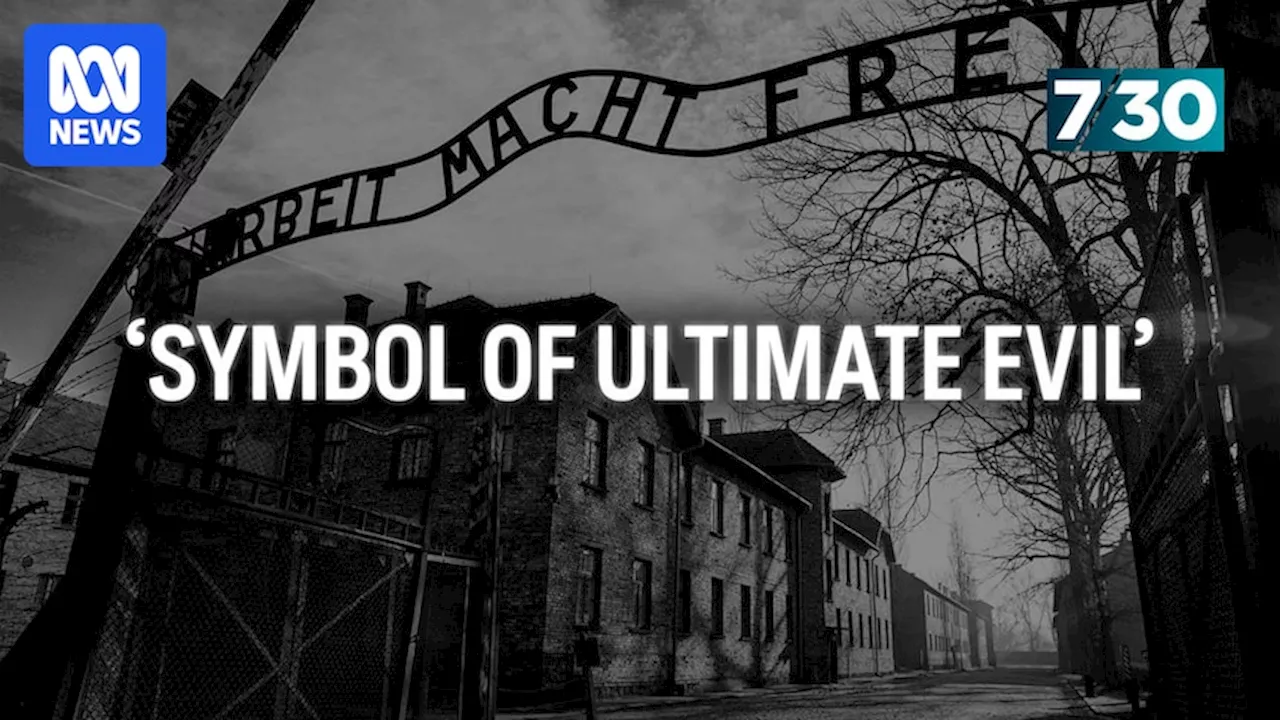 Remembering Auschwitz so it can never happen againSarah Ferguson presents Australia's premier daily current affairs program, delivering agenda-setting public affairs journalism and interviews that hold the powerful to account. Plus political analysis from Laura Tingle.
Remembering Auschwitz so it can never happen againSarah Ferguson presents Australia's premier daily current affairs program, delivering agenda-setting public affairs journalism and interviews that hold the powerful to account. Plus political analysis from Laura Tingle.
Read more »
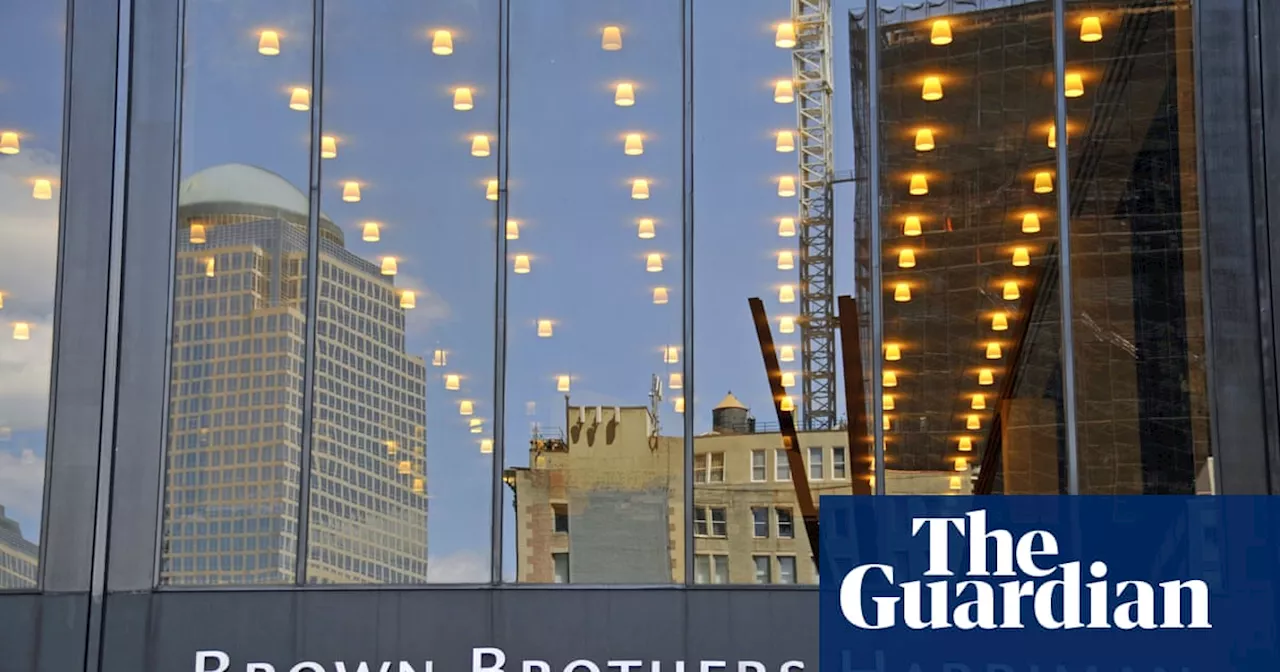 Brown Brothers Harriman’s slavery links exposed by Liverpool campaignLiverpool Black History Research Group accused America’s oldest private investment bank of sanitising its history
Brown Brothers Harriman’s slavery links exposed by Liverpool campaignLiverpool Black History Research Group accused America’s oldest private investment bank of sanitising its history
Read more »
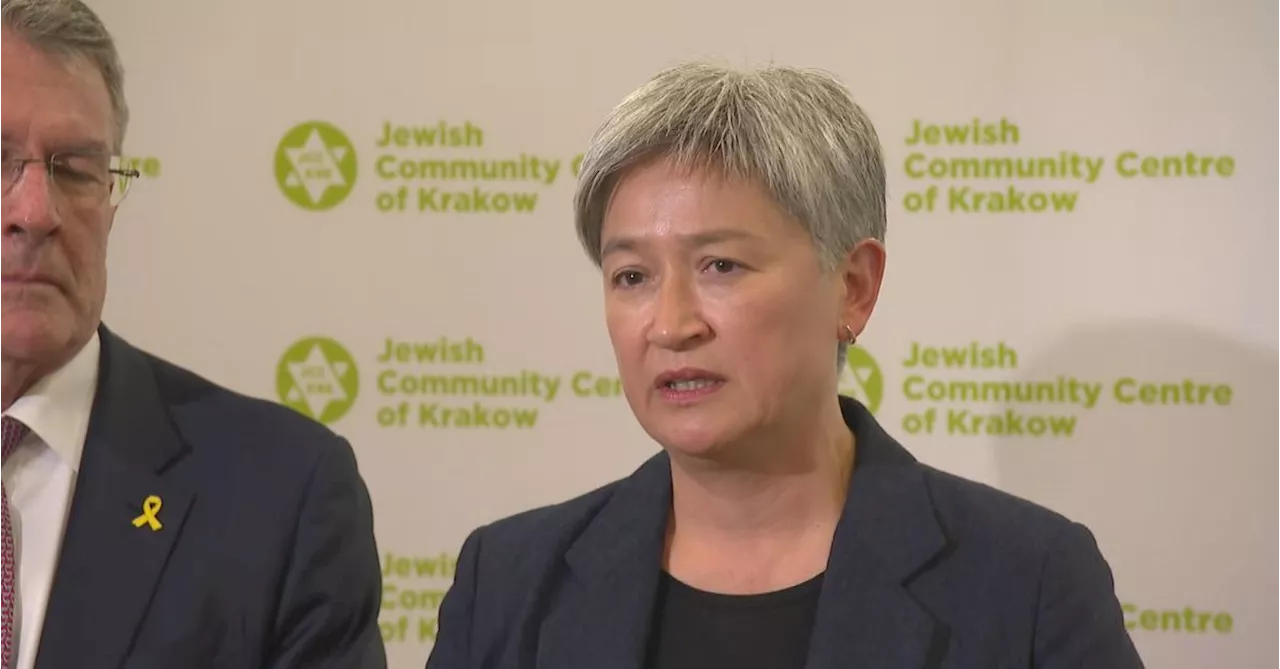 Foreign Minister Penny Wong visits Auschwitz for milestone Holocaust commemorationShe was speaking from Auschwitz as the world marks Holocaust Remembrance Day.
Foreign Minister Penny Wong visits Auschwitz for milestone Holocaust commemorationShe was speaking from Auschwitz as the world marks Holocaust Remembrance Day.
Read more »
 Auschwitz survivors return to camp as they and world leaders mark 80th anniversary of its liberationHolocaust survivors return for memorial ceremony on 80th anniversary of liberation of Auschwitz-Birkenau concentration camp
Auschwitz survivors return to camp as they and world leaders mark 80th anniversary of its liberationHolocaust survivors return for memorial ceremony on 80th anniversary of liberation of Auschwitz-Birkenau concentration camp
Read more »
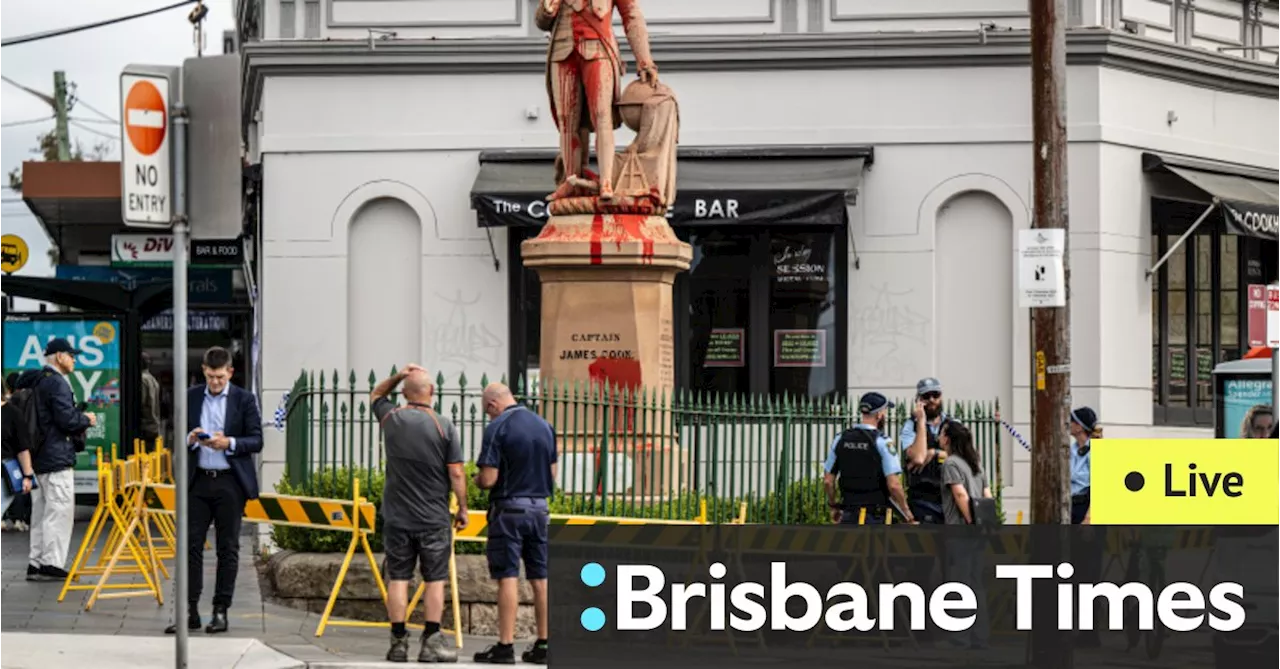 First Nations Australians Gather for Ceremony of Reflection and ProtestOn Australia Day, a gathering in St Kilda, Melbourne, saw First Nations Australians commemorating the history and struggles of their people. The ceremony included traditional songs and speeches, with calls for recognition, justice, and an end to the systemic inequalities that continue to plague Aboriginal and Torres Strait Islander communities.
First Nations Australians Gather for Ceremony of Reflection and ProtestOn Australia Day, a gathering in St Kilda, Melbourne, saw First Nations Australians commemorating the history and struggles of their people. The ceremony included traditional songs and speeches, with calls for recognition, justice, and an end to the systemic inequalities that continue to plague Aboriginal and Torres Strait Islander communities.
Read more »
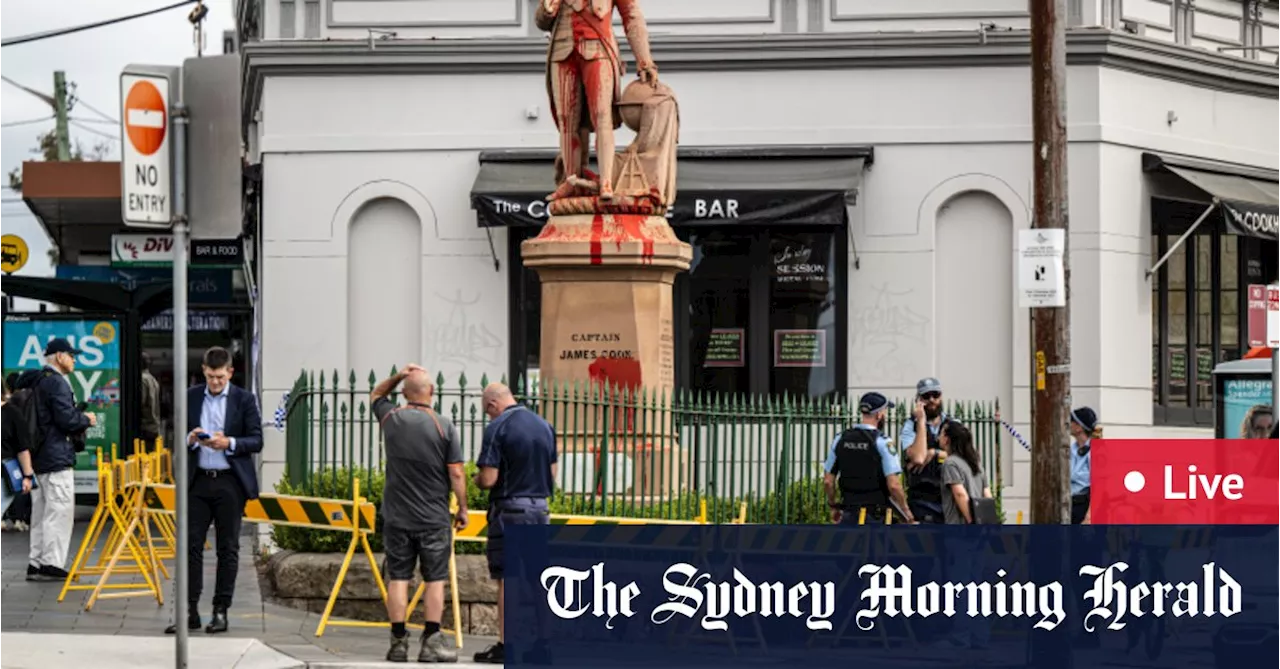 Mourning and Reflection Mark Australia Day for First Nations AustraliansA mourning and reflection ceremony, We-Akon Dilinja, took place in St Kilda, Melbourne, on Australia Day, attracting around 250 people. Boonwurrung elder Fay Stewart-Muir delivered a powerful speech highlighting the importance of cultural connection and criticizing the ongoing inequities faced by First Nations Australians stemming from colonization.
Mourning and Reflection Mark Australia Day for First Nations AustraliansA mourning and reflection ceremony, We-Akon Dilinja, took place in St Kilda, Melbourne, on Australia Day, attracting around 250 people. Boonwurrung elder Fay Stewart-Muir delivered a powerful speech highlighting the importance of cultural connection and criticizing the ongoing inequities faced by First Nations Australians stemming from colonization.
Read more »
